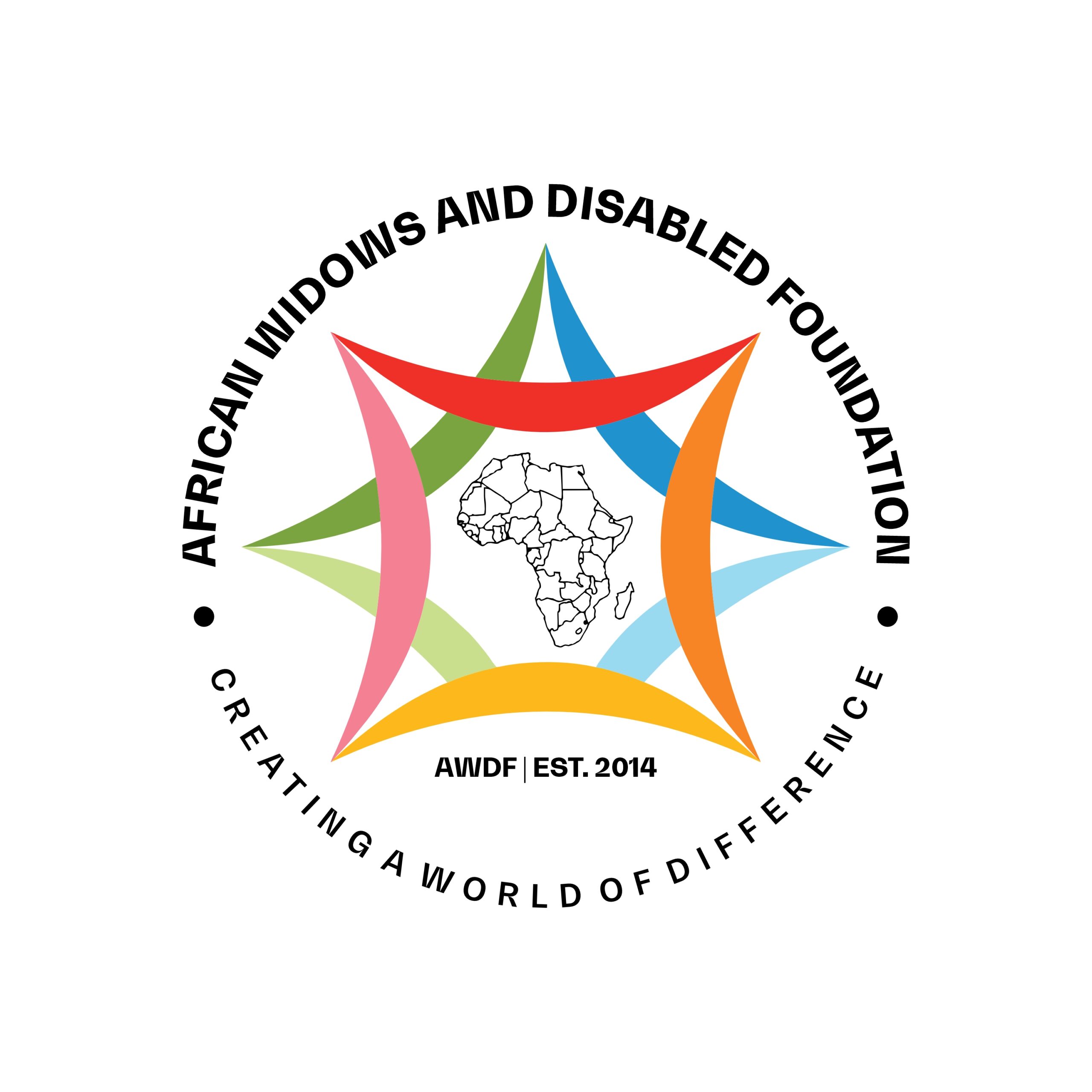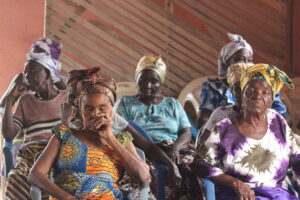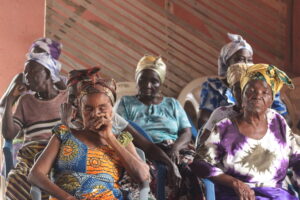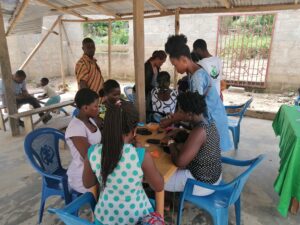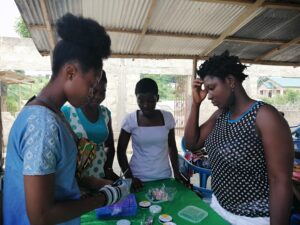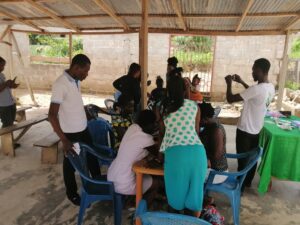WIDOWHOOD IN AFRICA
Widows confront some of the most difficult challenges in the world, including Ghana, but they also provide a wonderful opportunity for long-term social and economic growth. Widows in Africa confront the following challenges:
• They bear a disproportionate share of the global poverty burden.
• Their capacity to live a good life is limited (they perform 66% of the world’s labour and produce 50% of the food, but get 10% of the revenue and possess 1% of the property).
Some widows are exposed to numerous inhumane practices as a result of widowhood rights in Africa, where widows suffer in the name of customs or culture. There are still many of these heinous treatments to come.
An average widow faces the following challenges:
• She has limited access to electricity and water
• She is not educated to work and fend for herself
• She is not engaged in productive work
• She is not able to pay for medical care
• She is not able to change customs and traditions that are not fair to her
• She cannot pay fees for her children etc
Widows are well: physical and mental health
Access to quality, cheap, and accessible healthcare for widows decreases unnecessary deaths.
When widows are educated and taught disease-preventive techniques (they gain the knowledge and confidence to reject harmful cultural practices and combat water-born illnesses).
Widows participate in family and community decisions: For long-term peace to be established, widows must play an equal role in moulding it.
According to studies, educated widows have more decision-making influence within their households.
Widows earn a living: Widows exercise their economic rights.
A widow’s children benefit from increased economic and educational opportunities.
Widows reinvest a substantially larger part of their income in their families and communities.
Widows can benefit from networking and teamwork:
Widows who enrol in our programme will definately discover the value of teamwork and networking.
Widows gain from social support and the formation of social networks by working in groups. also when empowered, will recognize their societal importance and can assert their right to own property, obtain quality healthcare, live in a peaceful environment, and bring their ideas to the peace table.
By providing economic resources to widows
The generation afterwards is more likely to be healthy and well educated.
We assist Widows in transitioning to a macroeconomic level and achieving ownership of their own labour, inputs, and earnings by offering resources to them.
Disability in Africa
A recent study found that pervasive prejudice against the disabled in Africa poses needless but significant impediments to life improvement for these people, especially when they are also impoverished. There is an urgent need to assist a wide range of social and political actions to combat the stigmatization and isolation of severely disabled persons in Africa, particularly in Ghana’s rural areas. However, our research indicates that improved assistance and protection for severely poor and handicapped individuals in Ghana is urgently needed across a wide variety of policy concerns and sectors.
The study also shows that if proper care and protection were provided, many severely poor and handicapped individuals could not only live healthier and happier lives but also contribute more to the country’s economic and social advancement. The concept of disability is difficult and contentious, and there is no commonly accepted term. However, according to William (2001), the definition is required for assessment and policy objectives (e.g., state eligibility for assistance support). Disability is defined by the World Health Organization (WHO) as an umbrella term that includes impairments, activity limits, and participation restrictions.
An impairment is a problem with physical function or structure; an activity limitation is a difficulty encountered by an individual in carrying out a task or action; and a participation restriction is a problem faced by an individual in participating in life circumstances. Thus, disability is a complicated phenomenon reflecting an interplay between physical characteristics of a person and characteristics of the community in which he or she lives” (WHO and The World Bank, 2011).
The United Nations Convention on the Rights of Persons with Disabilities (UNCRPD, 2006) defines Persons with Disabilities as those who have long-term physical, mental, intellectual, or sensory impairments that, when combined with other barriers, prevent them from participating fully and effectively in society on an equal basis with others (WHO and The World Bank, 2011). A handicapped person is defined by the Ghana Disability Discrimination Act as someone who has a physical or mental disability that has a significant and long-term unfavourable effect on his or her capacity to carry out routine day-to-day activities.
• Is physically crippled, either congenitally or as a result of disease or being a victim of an accident, or as a result of improper or maltreatment, or for any other reason, and as a result of the such crippled or mentally impaired condition has become incapacitated or has become either partially or fully unable to lead a normal life.
• “Visual impaired” refers to someone who has no vision in any of their eyes or has poor visual acuity.
• (a) Physically handicapped person is someone who has lost one or both hands or has lost senses in one or both hands, or whose hand is weaker than usual. That the instances described in subsections I (a) and
(b) Are appropriate to his situation, or he has lost one or both feet, or he has lost feeling in one or both feet, or he is weaker in normal condition.
• A person with a mental impairment is one whose mental development is not commensurate with his chronological age, whose IQ (Intelligent Quotient) is significantly below the normal range, who has lost mental equilibrium, or who is partially or completely disabled, or who suffers from various disabilities. According to the Disability Welfare Act, a disability is defined as a physical, mental, or intellectual impairment that prevents a person from participating in normal day-to-day activities. “Persons with disabilities” are people who have one of these physical, mental, or intellectual limitations.
Several studies in Ghana reveal that handicapped persons frequently live in hostile circumstances, where they face non-cooperation, bad treatment, neglect, and antagonism. In families, communities, wider society, and government, there is a need for coordinated cooperation to alleviate their predicament.
